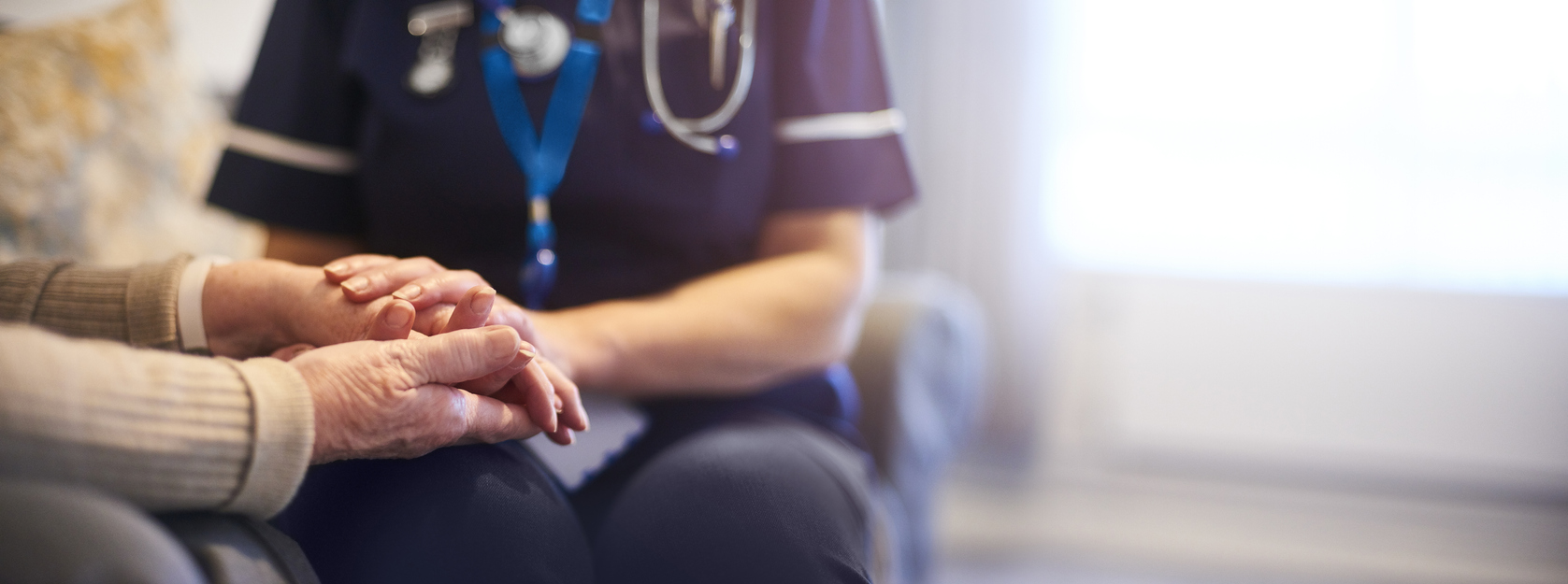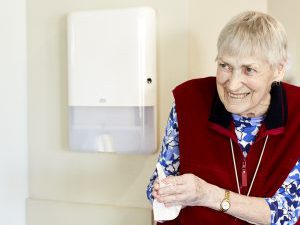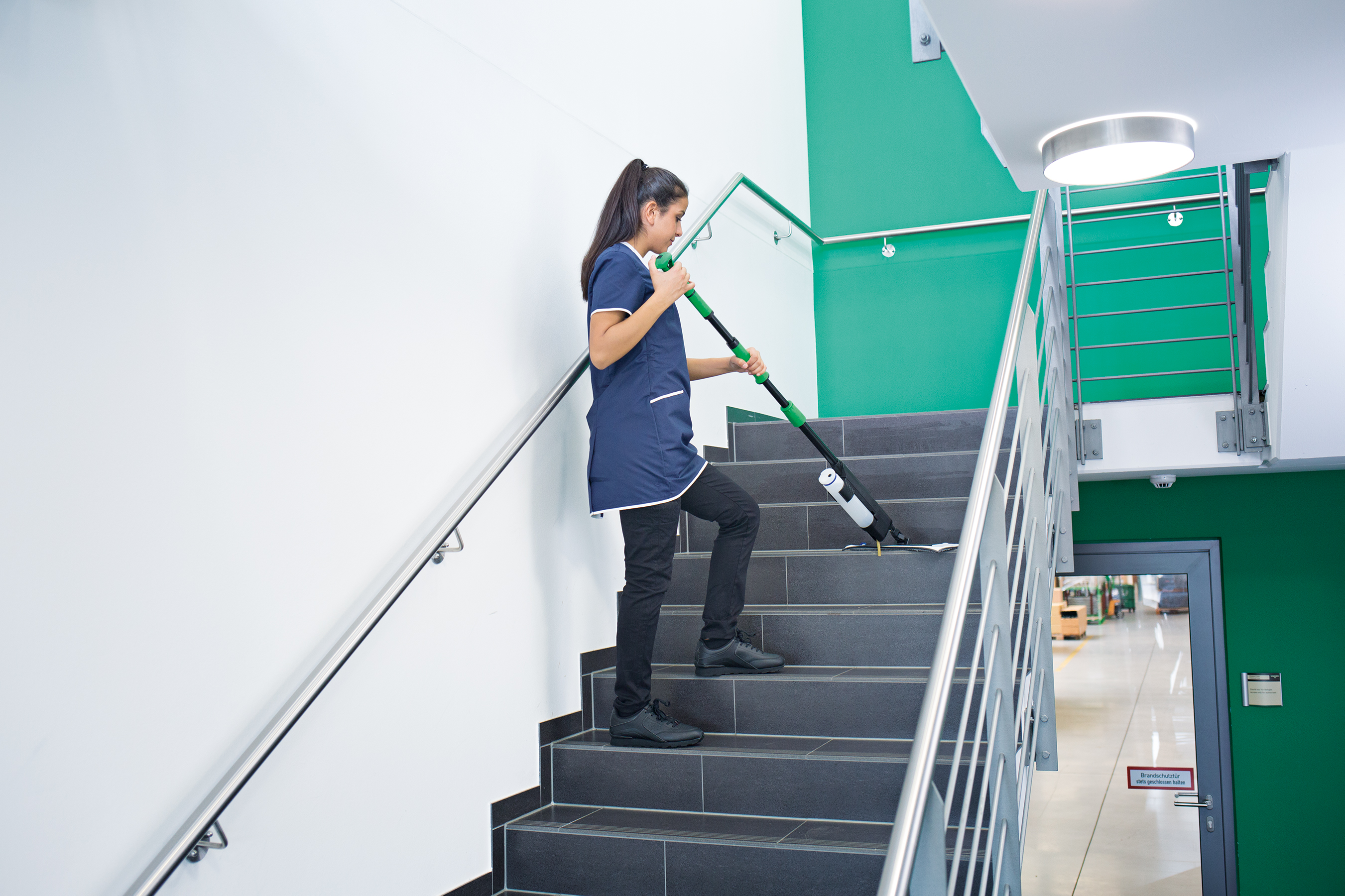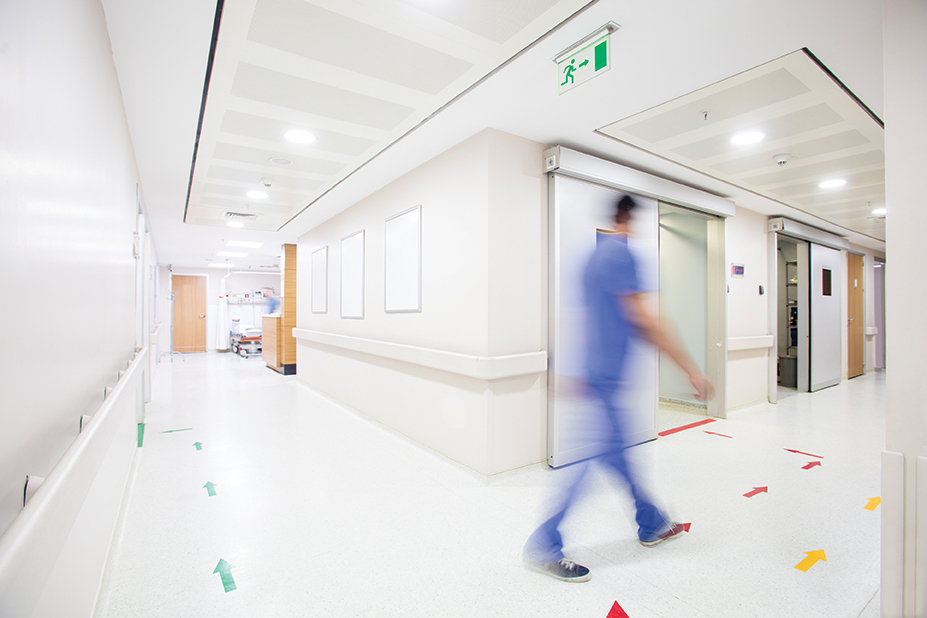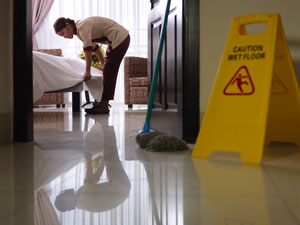
The COVID pandemic has demonstrated how important cleaners and cleaning contractors are in the fight to keep us all safe from exposure and infection.
However, over the last few years in the aged care sector, and because of the Royal Commission into Aged Care Quality and Safety, together with financial challenges facing many aged care providers, the change from in-house cleaners versus outsourced cleaners is ever increasing.
A recent LinkedIn Poll found 44 per cent of aged care providers have outsourced their cleaning to contractors, while 26 per cent said they have implemented a hybrid model of 50 per cent in-house and 50 per cent outsourced contractors.
These findings demonstrate that 70 per cent of aged care providers moving to a new model so they can improve efficiency and cleanliness of facilities.
There are many cleaning related challenges for operators in the aged care sector. The cleaning is conducted during an eight-hour day, among elderly residents with varying mobility and cognitive ability, dementia, and palliative care awareness.
The aged care environment requires an understanding of quality standards. A level of flexibility is also required based on person-centered care, and most importantly, you need a level of empathy, tact, and respect to navigate a working day.
Enter the aged care cleaning specialist. You are not only the defender against germs and infection, but you also need to understand the aged care quality standards and how your role plays a part in supporting person-centered care.
Cleaning and aged care training is imperative and your ability to build relationships and trust will determine your success.
Some of the key attributes of an aged care cleaning specialist will include communication skills, cultural awareness, understanding dementia and palliative care, a level of resilience, and a good dose of mental and physical well-being.
Becoming an aged care cleaning specialist involves a holistic approach, meeting mandatory requirements for safe practice and demonstrating skills in communication.
Empathy is equally as important. The role is specialised as you will be working and communicating with vulnerable people from different backgrounds.
The importance of cleaning specialists in aged care cannot be understated because you are seen as an extension of the aged care provider and its staff.
Therefore, the way you interact needs to reflect the aged care provider, any quality auditing undertaken needs to show an alignment to the quality standards and expectations of the aged care home.
Training and education is vital for cleaning specialists to support person-centered care and deliver exceptional cleaning outcomes all while building relationships through effective communication, understanding, respect, empathy, and expertise.
Sean Matthews is managing director of Banksia Consulting Group. He can be contacted at sean.matthews@banksiaconsultinggroup.com or 0437148168.
This article first appeared in the September/October issue of INCLEAN magazine
Comment below to have your say on this story.
If you have a news story or tip-off, get in touch at info@3.106.117.80.
Sign up to INCLEAN’s newsletter.
